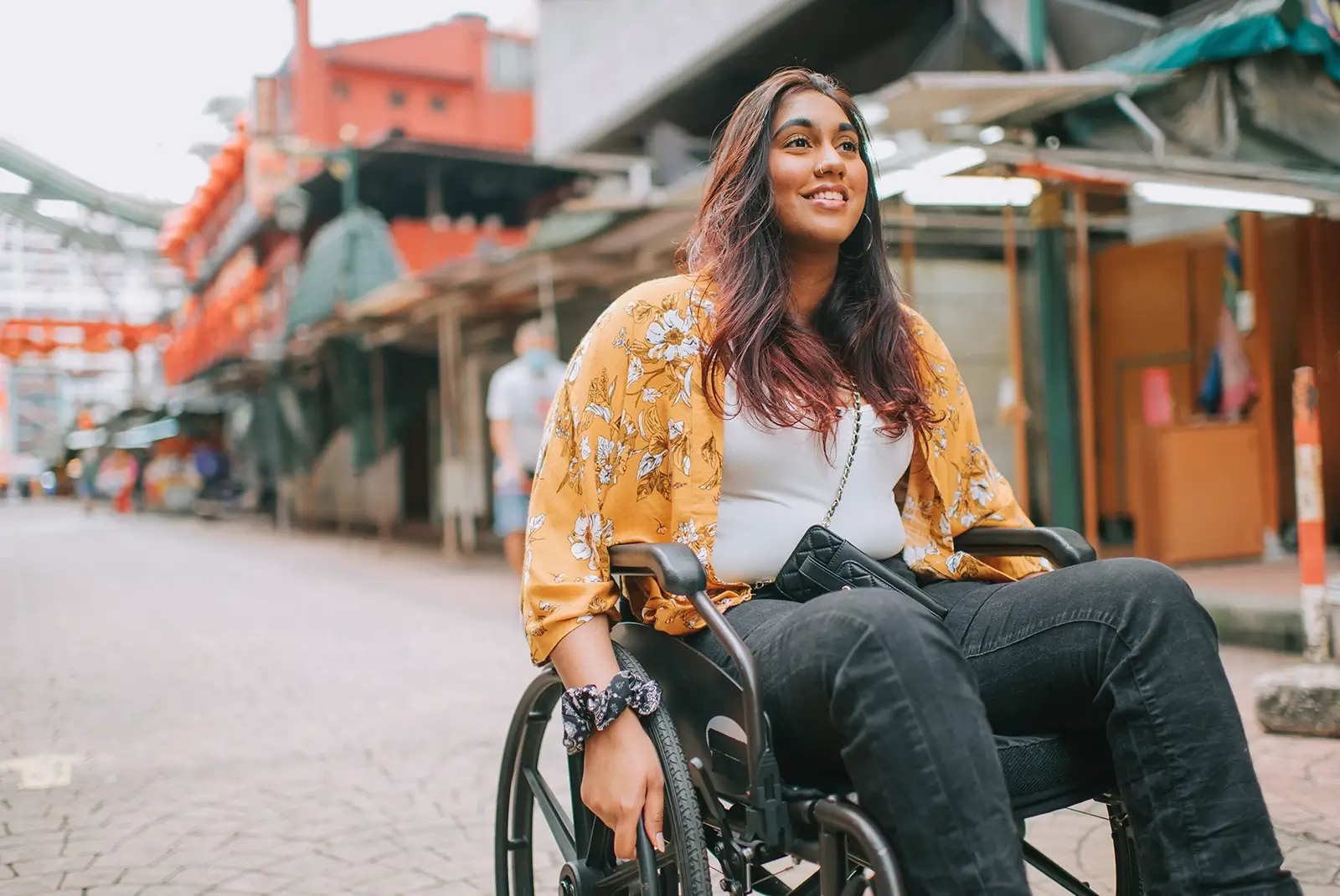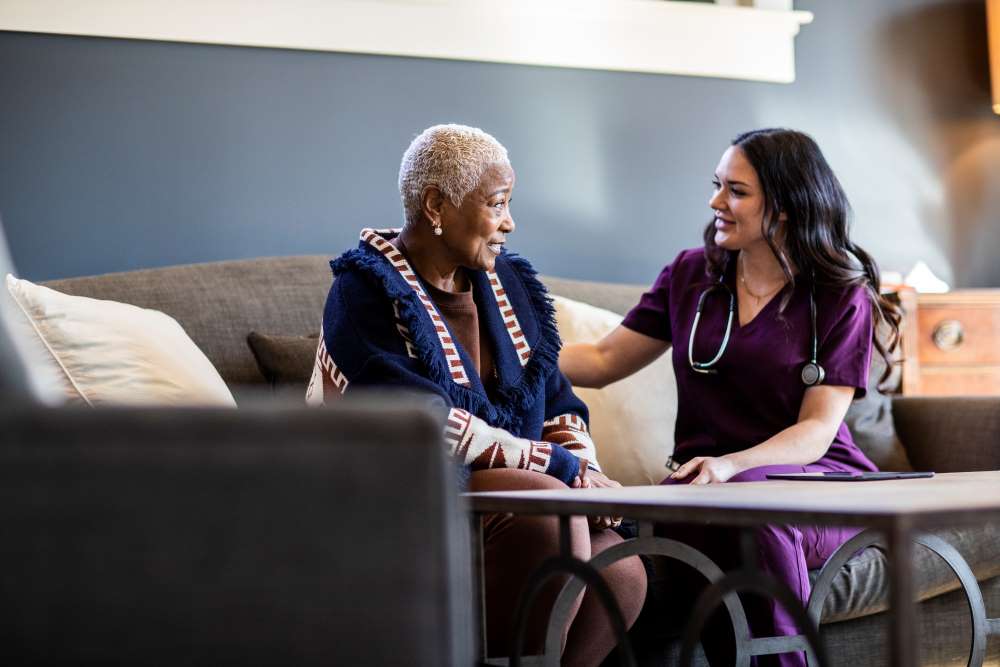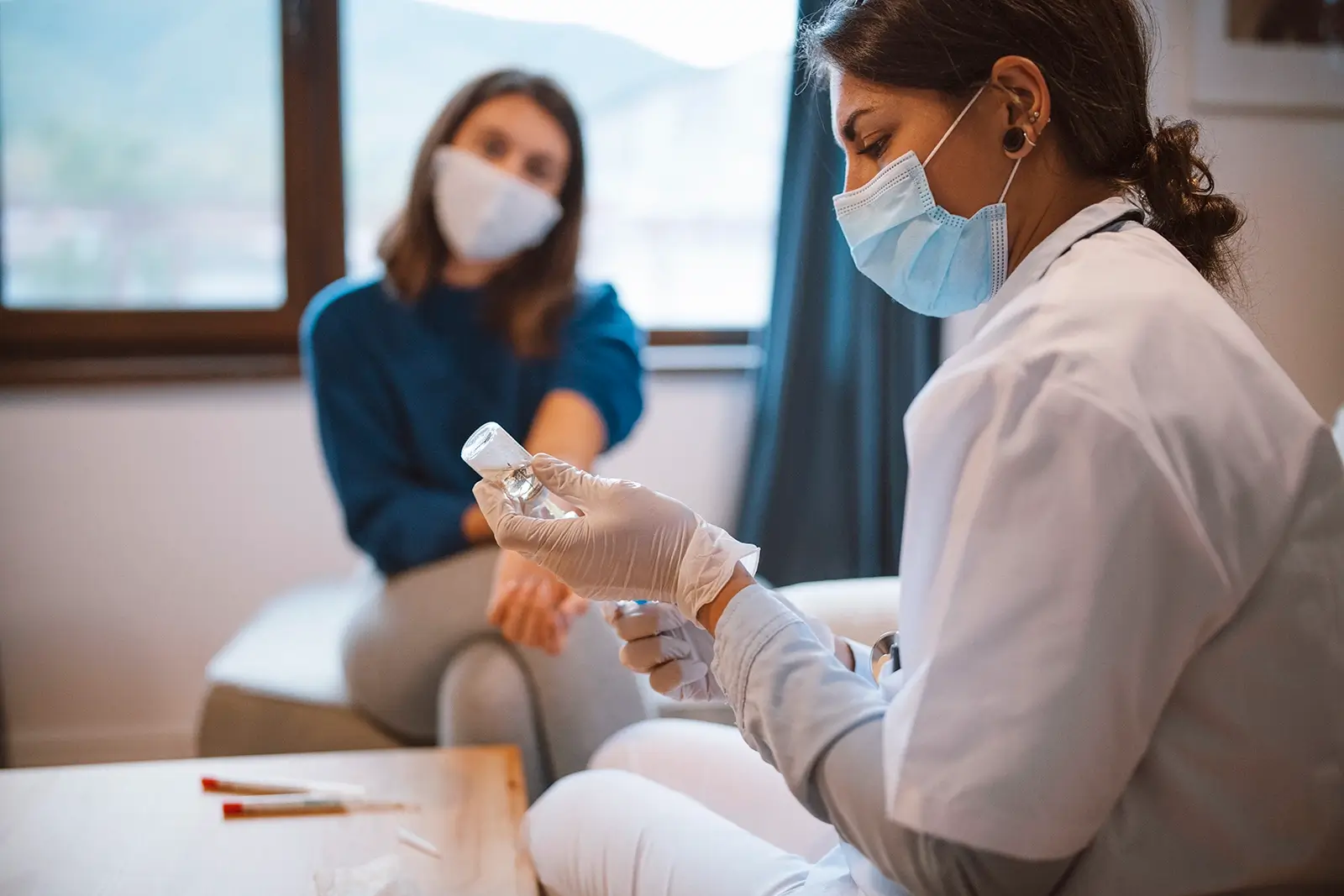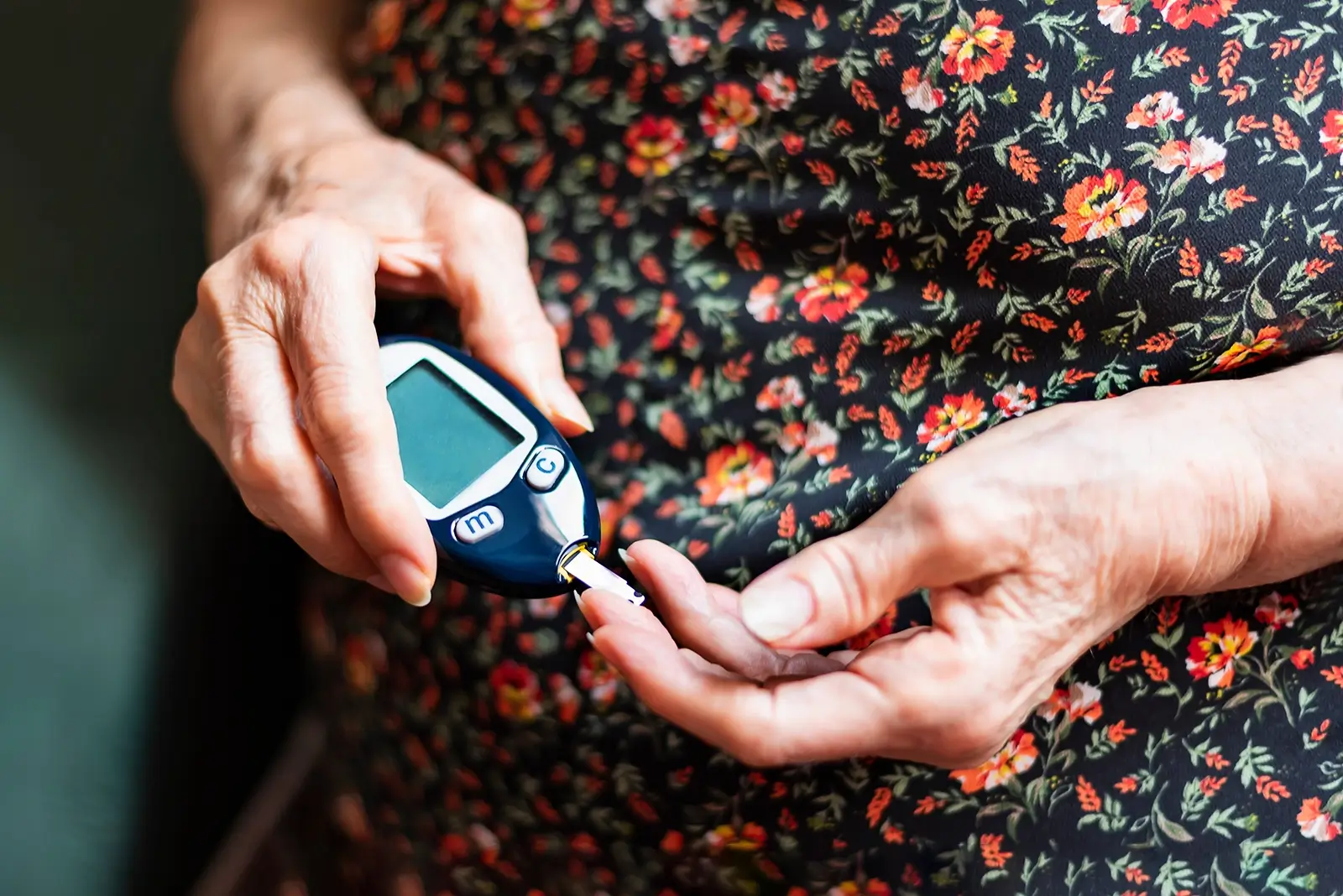Clinical trials in rare disease
Clinical trials in rare disease
Louise Kearney 理学修士、PMP
Executive Director, Rare Diseases, Advanced Therapies and Pediatrics Team (RAPT)
Today, I had to book a consultant's appointment for my daughter. Finding the right specialist with availability, and at a time when I could take her all took time, as had the previous appointments with primary care in the last six months or so. It was taking time away from my work and leaving me feeling stressed and frustrated.
I then went back to my work here at Fortrea and the next thing I needed to do was work on our preparations for Rare Disease Day. I suddenly realized what a learning moment this was. My daughter has a relatively minor, common and easily treatable condition. Seeing her doctor requires making a 30-minute drive and she will likely only need to see her a few times. It made me think, if I am finding this process stressful, how do the parents of children in my rare disease clinical trials feel?
The average time for an accurate diagnosis of a rare disease is 4-5 years, with some patients searching significantly longer than that. Once diagnosed, many patients are then usually treated by physicians at specialist centers, which can involve traveling long distances. Often, their disease means that they will have extra challenges with regards to traveling, needing caregivers to travel with them, having to take specialist equipment with them and/or being unable to travel by public transport or for long distances in one day. Add to that the increased frequency and length of visits required by a clinical trial; you can see why sometimes participating in a clinical trial might start to feel unmanageable.
Rare Disease Day is about campaigning for equity in the care of rare disease patients. Clinical research plays an essential part in that equity by developing treatments for the many rare diseases that currently don't have anything effective. To be truly equitable, we must recognize that each participant has different circumstances and allocate the resources and opportunities needed to allow them to take part. Therefore, for our part as drug developers, we need to think about how we deliver those clinical trials and what we ask of our rare disease participants.
What this means in practice for each study is different and examples of how Fortrea’s Rare Diseases, Advanced Therapies and Pediatrics Team (RAPT) and Patient Recruitment and Engagement Team approach this include:
- Reviewing protocol design and identify when procedures or visit frequency increase burden above what is manageable.
- Assessing when we might be able to decentralize part of the trial; for example, by the addition of mobile clinicians or digital endpoints.
- Providing tools and materials suitable for each patient regardless of their age or cognitive ability to aid understanding and reduce anxiety.
- Taking steps to reduce the burden of travel depending on the particular needs of the patient population, via the funding of caregiver support and/or the provision of concierge or reimbursement services.
- Informing all the above actions via insights gathered from patients and families with lived experience.
While these steps may seem like best practice in all clinical trials, they become essential when conducting a rare disease study, and today, my minor temper tantrum at an everyday administrative task, has been a timely reminder of that.
Learn more about our Rare Disease, Advanced Therapies and Pediatrics Team (RAPT) and how we support complex and novel clinical trials.
Related insights










